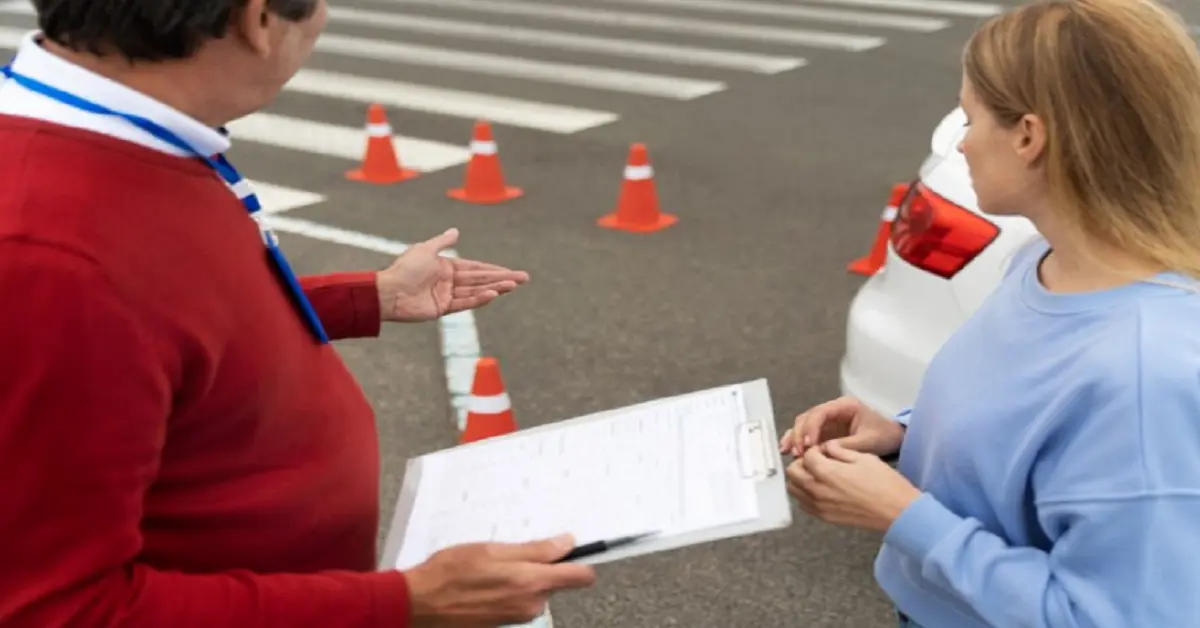Road Test Results: Your Comprehensive Guide

Introduction
Road test results are a significant milestone for any aspiring driver. They mark the culmination of learning, practice, and preparation, leading to the freedom and responsibility of driving independently. Whether you’re a first-time test taker or someone looking to understand the nuances of road test results, this article will provide you with comprehensive insights and tips. Buckle up as we navigate through everything you need to know about roadtestresults.
Understanding Road Tests
What is a Road Test?
A road test, also known as a driving test, is an evaluation of a person’s ability to operate a vehicle safely and effectively. It typically involves a practical demonstration of driving skills on public roads, supervised by a licensed examiner.
Purpose of Road Tests
The primary goal of a road test is to ensure that the driver has the necessary skills and knowledge to drive safely. This includes understanding traffic laws, demonstrating safe driving practices, and handling various driving scenarios confidently.
Preparing for Your Road Test
Scheduling Your Test
Booking your road test can usually be done online through your local DMV or equivalent agency. Ensure you select a date and time that allows you to be well-prepared and relaxed.
Documentation Required
Before heading to your test, gather all necessary documents. This often includes your learner’s permit, identification, and proof of completed driving education if required.
Vehicle Inspection
Your test vehicle must be in good working condition. Check the brakes, lights, signals, and mirrors to avoid any issues that could prevent you from taking the test.
Key Components of a Road Test
Pre-Drive Checks
The examiner will check if you know how to inspect your vehicle before driving. This includes adjusting mirrors, fastening seatbelts, and knowing the dashboard indicators.
Basic Driving Skills
You’ll be tested on fundamental skills such as starting the vehicle, stopping smoothly, and obeying traffic signals.
Maneuvering
Expect to demonstrate maneuvers like parallel parking, three-point turns, and reversing.
Observation Skills
Examiners look for proper use of mirrors and head checks to ensure you’re aware of your surroundings.
Common Road Test Mistakes
Incomplete Stops
Failing to come to a complete stop at stop signs can result in significant point deductions.
Improper Lane Changes
Not signaling or checking blind spots during lane changes is a common error.
Speeding
Driving over the speed limit, even by a small margin, can negatively impact your score.
Lack of Observation
Neglecting to observe traffic conditions, pedestrians, or cyclists can lead to failure.
Tips for Passing Your Road Test
Practice Regularly
Consistent practice is crucial. Spend time driving in various conditions and environments to build confidence.
Familiarize Yourself with the Test Route
Knowing the test route can help you anticipate tricky spots and prepare accordingly.
Stay Calm and Focused
Nerves can get the best of you. Stay calm, take deep breaths, and focus on your driving.
Get Enough Sleep
A good night’s sleep before your test ensures you’re alert and ready.
What Happens After the Road Test?
Receiving Your Results
Results are usually given immediately after the test. The examiner will provide feedback and your score.
Understanding Your Score
Scores are typically broken down into categories, showing areas of strength and those needing improvement.
Next Steps if You Pass
Congratulations! You’ll receive instructions on obtaining your full driver’s license.
Next Steps if You Fail
Don’t be discouraged. Take the feedback seriously, practice more, and schedule a retake.
Interpreting Road Test Results
Score Breakdown
Understanding your score can help you improve. Examiners usually break down the score into sections like maneuvering, observation, and control.
Common Feedback from Examiners
Examiners often provide feedback on areas such as smoothness of stops, lane discipline, and overall roadtestresults awareness.
Improving Your Driving Skills
Taking Additional Lessons
Extra lessons from a certified instructor can help address specific weaknesses.
Practicing Defensive Driving
Defensive driving techniques enhance your safety and preparedness on the roadtestresults.
Learning from Mistakes
Reflect on your errors and practice to avoid repeating them.
Retaking the Road Test
How to Schedule a Retake
You can usually schedule a retake through the same process as the initial test. Check for any mandatory waiting periods.
Preparing for Your Second Attempt
Use the feedback from your first test to focus your practice sessions.
Road Test Myths Debunked
Myth 1: Examiners Want You to Fail
Examiners are not out to fail you. Their goal is to ensure safe drivers are on the roadtestresults.
Myth 2: Minor Mistakes Lead to Automatic Failure
Minor mistakes are usually acceptable unless they accumulate or result in unsafe driving.
Myth 3: It’s Impossible to Pass on the First Try
Many people pass on their first attempt with proper preparation.
The Role of the Driving Examiner
Responsibilities of the Examiner
Examiners ensure you follow traffic laws and demonstrate safe driving skills.
How Examiners Score the Test
Scoring is based on a point system, evaluating various aspects of your driving.
Preparing Mentally for the Road Test
Dealing with Anxiety
Anxiety is normal. Techniques like deep breathing and positive visualization can help.
Visualization Techniques
Imagine yourself successfully completing the roadtestresults. This mental rehearsal can boost confidence.
Real Stories from Road Test Takers
Success Stories
Hearing about others’ successes can be motivating. Many people have faced and overcome similar challenges.
Lessons from Failures
Learning from others’ mistakes can provide valuable insights and prepare you better.
Conclusion
Preparing for and passing your roadtestresults is a significant achievement. By understanding the test components, practicing diligently, and staying calm, you can increase your chances of success. Remember, even if you don’t pass the first time, it’s an opportunity to learn and improve. Keep practicing, stay focused, and soon you’ll be driving with confidence.